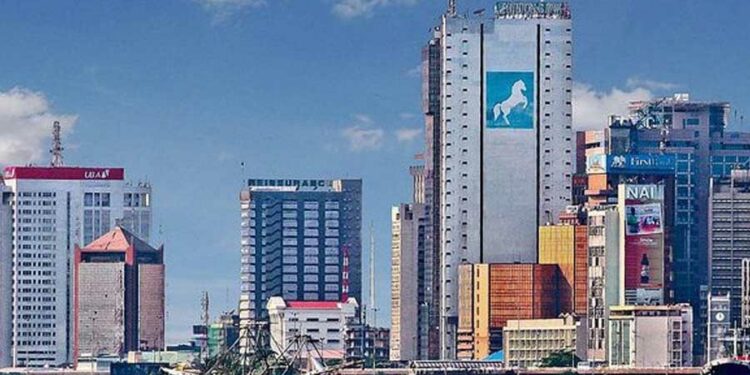Nigeria’s Economy Records its Fastest Growth in Over a Year as Global Investors Return
Nigeria’s economy just delivered its strongest performance in more than a year, and the world is taking notice. According to a new macroeconomic review by Access Bank’s German Desk, the country’s GDP expanded by 4.23 percent in the second quarter of 2025, up from 3.13 percent in the first quarter.
It is the clearest signal yet that the government’s market-driven reforms are beginning to work, setting the stage for a more stable and investment-friendly environment.
The growth was broad-based, driven by industry, agriculture, and services.
Oil production, still critical to Nigeria’s revenues, rose to 1.51 million barrels per day, supported by tighter security around pipelines and renewed output from key fields. But the real story lies outside oil.
Non-oil activities now account for about 96 percent of GDP, a major shift for an economy that once relied almost entirely on crude exports.
Inflation is finally easing. From a peak of 24.5 percent in January, it slowed to 20.1 percent by August, giving the Central Bank of Nigeria (CBN) enough room to cut its policy rate to 27 percent.
The move signals the start of an easing cycle after nearly two years of monetary tightening and a possible return to cheaper credit for businesses and households.
The foreign exchange market, once a source of chaos, is also stabilizing. Since the CBN unified multiple exchange rates and launched its new electronic trading platform, the naira has held steady around ₦1,473 to the dollar.
That stability, along with improved transparency, has encouraged investors back into Nigerian assets.
In the first quarter of the year, Nigeria recorded $5.64 billion in new investments, the highest quarterly figure since 2020.
Portfolio investors dominated the inflows, taking advantage of high yields and a stronger reform narrative.
The renewed confidence has also earned Nigeria upgrades from both Fitch and Moody’s, which cited improved reserves, better fiscal discipline, and policy continuity.
On the fiscal front, revenues are rising. The monthly Federation Account Allocation Committee (FAAC) payout, which represents the funds shared among Nigeria’s federal, state, and local governments, reached ₦2.94 trillion in June, up 27 percent from a year earlier.
The removal of fuel subsidies and better oil receipts have given states more spending power for infrastructure and social projects.
Meanwhile, the country’s debt-to-GDP ratio now stands at 53.8 percent, a level economists describe as moderate for an emerging market of Nigeria’s size.
The International Monetary Fund (IMF) expects world growth to hover around 3.0 percent in 2025, with emerging economies like Nigeria outpacing advanced nations.
The U.S. Federal Reserve is preparing to cut interest rates later this year, a move that could further boost portfolio flows into frontier markets.
Access Bank’s analysts expect Nigeria’s economy to maintain growth between 3.8 and 4.5 percent through 2026, with inflation projected to slow to around 14 to 16 percent if energy prices remain contained.
Foreign exchange reserves could rise toward $50 billion, helped by higher oil exports, rising remittances, and disciplined fiscal management.
There are still challenges, including high food costs, sluggish foreign direct investment, and oil price volatility. But the trajectory is clearly shifting.
After years of turbulence, Africa’s largest economy is beginning to look more predictable. And in an uncertain global economy, that predictability may be the most valuable asset of all.








